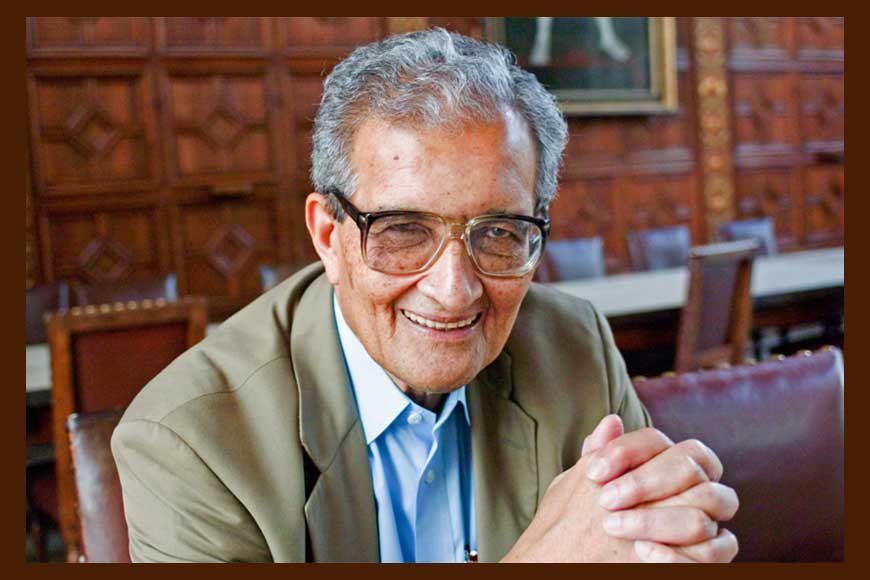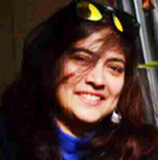From the home of a Nobel Laureate: In Amartya Sen’s own words

‘Where do you consider to be your home?’ Amartya Sen was once asked by a BBC journalist. By then Sen had moved from Cambridge, to Harvard, to Trinity and despite living in England for decades, he still held an Indian passport and is an Indian citizen. It was the year of 1998, when Amartya Sen had rejoined Trinity College as Master.
Sen had replied: ‘I feel very much at home here right now.’ Sen had a long association with Trinity, he was an undergraduate there, later went on to become a research scholar and then a teacher. He added: ‘I also feel much at home at our old house near Harvard Square, and I feel very much at home in India, particularly at our little house in Santiniketan where I grew up and to which I love going back regularly.’
So did Sen have a concept of home? He did. He had more than one welcoming home and never wished to make an exclusive one. In traditional Bengali, the question ‘where is your home’ has a precise meaning. Literally it does not refer to a house or an address, rather it is where the family came from, looking back a few generations. One’s home may be a place from where the ancestors hailed, even though that particular person might not have been in that city or village. Sen’s family lived in the city of Dhaka when he was born in the late autumn of 1933.
This was a year of terrible loss in the other part of the world, in Europe where more than 60,000 artists, authors, scientists, musicians, actors were forced to migrate from Germany to America or other parts of Europe, some Jews even came to India in search of fortune and safety. Dhaka, the capital of modern Bangladesh and a sprawling modern city today, was a quiet metropolis in those days. In his own words, Sen remembers his childhood home.
“We lived in the old historic part of the city called Wari, not far from Ramna, the campus of Dhaka University, where my father Ashutosh Sen taught Chemistry. This is all old Dhaka --- modern Dhaka extends tens of miles beyond it. My parents were very happy in Dhaka. So was I and my sister Manju. She was four years younger than me. The house was built by my paternal grandfather, Sharada Prasad Sen, who was a judge in the Dhaka Court. My uncle Jitendra Prasad Sen, elder to my father, was rarely there as he was posted to different places in Bengal as a civil servant, but his arrival at our joint family home, particularly with his daughter Miradi, on holidays, were the beginnings of entirely joyous periods in my young life. We also had other cousins living in Dhaka. Manju and I was rather spoilt by the care and attention we got from them.”
As a child Sen loved venturing in the laboratory of his father. The excitement in seeing one liquid missed with another in a test tube would generate something different and unexpected. His father’s assistant was Karim, who used to demonstrate these experiments to a curious child Amartya. At the age of 12, a young Amartya first read in Sanskrit, the theory of chemical basis of life according to Indian materialist school, the Lokayata, which had flourished in India from 6th century BC. He read: ‘From these material elements alone, when transformed into the body, intelligence is produced, just as the inebriating power is developed from the mixing of certain ingredients, and when these are destroyed, intelligence at once perishes also.’
(To be continued)
(Source: Home in the World – A Memoir)










